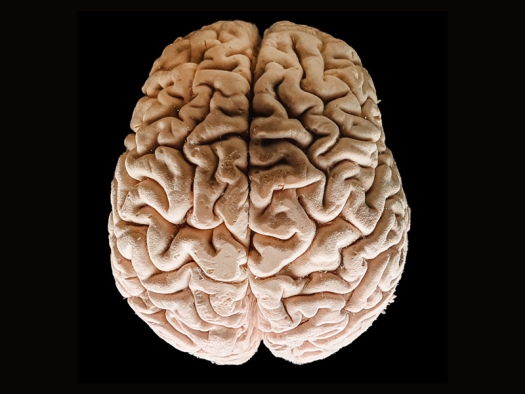More than 50 years ago, Dr. Abram Hoffer was able to show that certain patients with schizophrenia could be cured with vitamin B3 (niacin) if treated early enough.
But, despite his remarkable publications, just as with all non-patentable therapies, this has been all but completely ignored in the psychiatric profession.
Now, a new meta study looking at the effects of B-vitamins on schizophrenia shows us that niacin isn’t the only B-vitamin that can help these patients.
Schizophrenia is not all that uncommon. It’s a disease that affects around 1% of the US population. And it’s one of the most disabling and costly long-term conditions there is. It affects men and women and all races equally. The symptoms usually start between ages 16 and 30. Schizophrenia is rare after the age of 45.
Schizophrenia can cause hallucinations, delusions, disordered thinking and behavior, minimal emotional expression, agitation, phobias, decreased interest in activities, lack of motivation to do anything, and decreased speech output.
The conventional treatment of schizophrenia is based around the use of antipsychotic drugs. Although patients typically experience remission of hallucinations and delusions with the medications after only a few months of treatment, long-term outcomes are poor. About 80% relapse within five years.
Recently, researchers at the University of Manchester’s Division of Psychology and Mental Health reported on a meta study that looked at all of the data from clinical trials of vitamin and mineral supplements for schizophrenia to date. They found 18 trials that looked at a combined total of 832 patients who were taking drugs for schizophrenia together with various doses of B-vitamins.
They found that patients who took B-vitamins did much better than those only taking drugs. And, what’s more, they found that the results were better when the doctors gave them higher doses. As I’ve said before, anytime a study shows a dose-responsive relationship like that, it confirms that the substance being tested is the actual cause of the improvement.
They also found what Hoffer saw years ago. The sooner the B-vitamins were added to the medications, the better the results were. And the results were varied. Some patients responded amazingly well while others had very little improvement.
Besides niacin, they found three other B-vitamins that were effective: B6, B12, and inositol. But in order for most patients to see any benefit, very high doses of the vitamins were often needed. And because treating schizophrenia is such a specialty, you should only attempt this therapy with a psychiatrist who is well versed in orthomolecular psychiatry.
That said, even with the high doses, there are no significant side effects from B-vitamin therapy. So, it can’t hurt to give it a try. You can find psychiatrists trained in orthomolecular psychiatry and high dose B-vitamin therapy for schizophrenia at the Orthomolecular.org website.
Resources
Firth J, Stubbs B, et al. The effects of vitamin and mineral supplementation on symptoms of schizophrenia: a systematic review and meta-analysis. Psychological Medicine, 2017 Jul;47(9):1515-1527.
Originally published in the December 2021 Second Opinion newsletter. Republished with permission.



